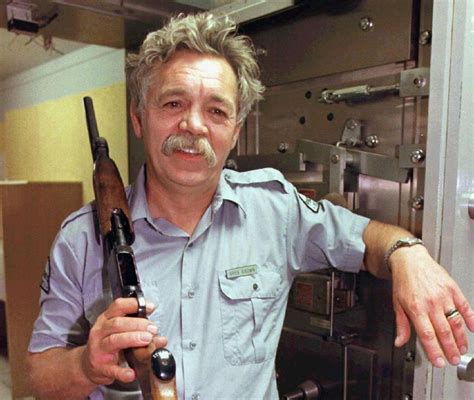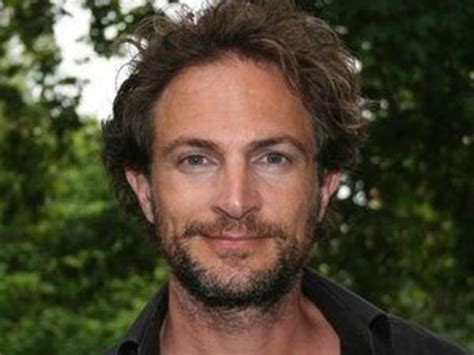A Quote by Chinua Achebe
The story of this man who had killed a messenger and hanged himself would make interesting reading. One could almost write a whole chapter on him. Perhaps not a whole chapter but a resonable paragraph, at any rate. There was so much else to include, and one must be firm in cutting out details. He had already chosen the title of the book, after much thought: `The Pacification of the Primitive Tribes of the Lower Niger.'
Related Quotes
Usually I work out the plot before I start. This time I thought: Writers always talk about not knowing where a book is going - -I want to experience that, too. What I found out is that it's very interesting, but it takes much longer because you have so many false starts. You take wrong turns and you have to go back and start the whole chapter, or the whole section, from scratch.
I would look at the first chapter of any new novel as a final test of its merits. If there was a murdered man under the sofa in the first chapter, I read the story. If there was no murdered man under the sofa in the first chapter, I dismissed the story as tea-table twaddle, which it often really was.
And if I really can see the future, then what does it mean? Is there any sense in our lives if everything is already out there, just waiting to happen? For if that were so, then life would be a horrible monster indeed, with no chance of escape from fate, from destiny. It would be like reading a book, but reading it backwards, from the final chapter down to chapter one, so that the end is already known to you.
I'm a relatively disciplined writer who composes the whole book before beginning to execute and write it. Of course, you can't hold - you cannot imagine a whole novel before you write it; there are limits to human memory and imagination. Lots of things come to your mind as you write a book, but again, I make a plan, chapter, know the plot.
Above all, mine is a love story. Unlike most love stories, this one involves chance, gravity, a dash of head trauma. It began with a coin toss. The coin came up tails. I was heads. Had it gone my way, there might not be a story at all. Just a chapter, or a sentence in a book whose greater theme had yet to be determined. Maybe this chapter would've had the faintest whisper of love about it. But maybe not. Sometimes, a girl needs to lose.
If I haven't put that on a T-shirt, I'm going to. Actually, I really don't want to write anything that can't be put on a T-shirt. Actually I'd like to write only on T-shirts. Actually, I'd like to write whole novels on T-shirts. So you guys could say, 'I'm wearing chapter 8 of Lestat's new book, that's my favorite; oh I see you're wearing chapter 6-
I remember when I was in graduate school and someone in workshop would say, 'I'm going to bring in a chapter of my novel.' The thought that someone could think they'd write a whole long thing... I could only see twelve pages ahead. But then I realized that if you could see twelve more after that, you can start.
I had a lot of great lakes of ignorance that I was up against, I would write what I knew in almost like islands that were rising up out of the oceans. Then I would take time off and read, sometimes for months, then I would write more of what I knew, and saw what I could see, as much as the story as I could see. And then at a certain point I had to write out what I thought was the plot because it was so hard to keep it all together in my head. And then I started to write in a more linear way.







































